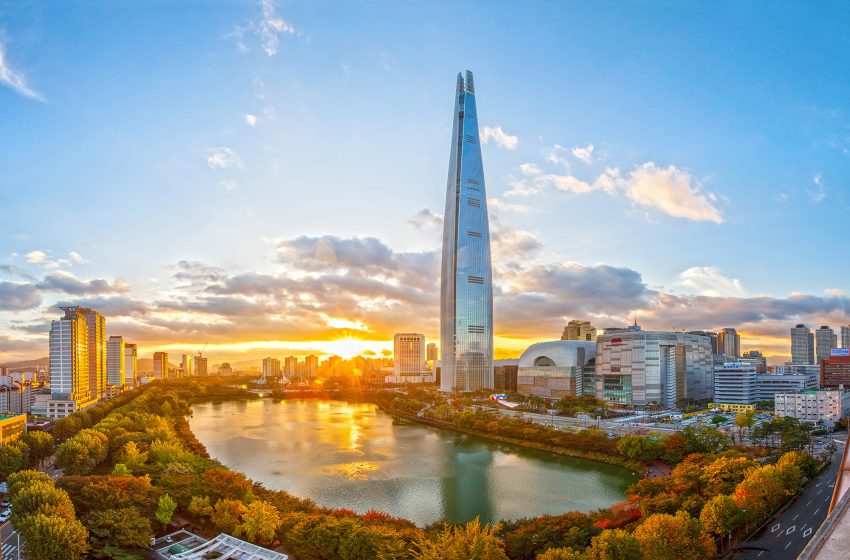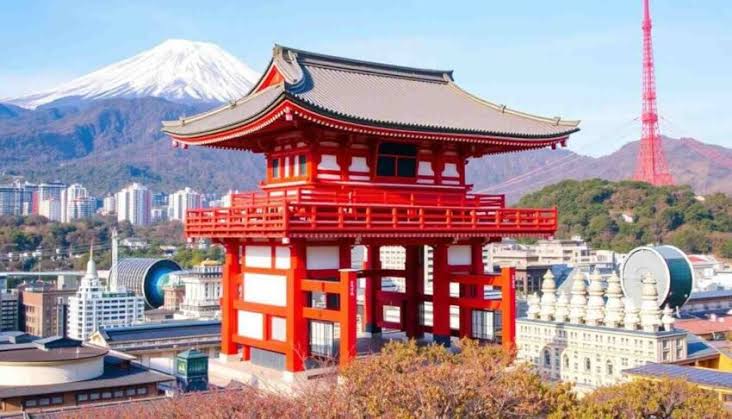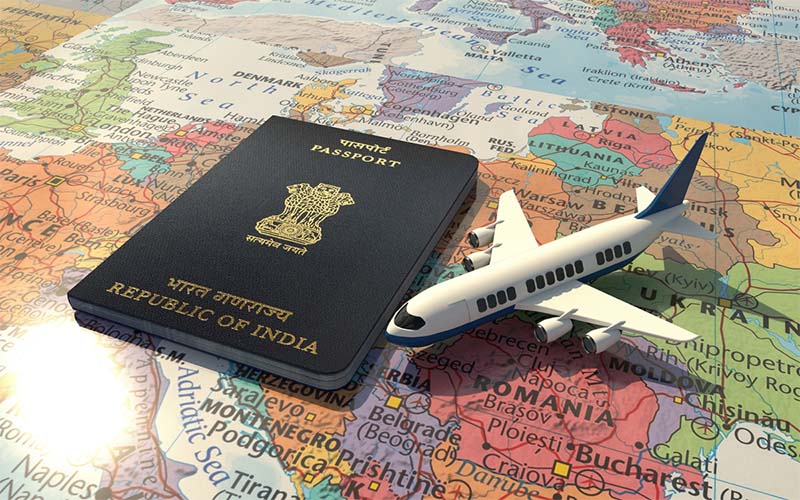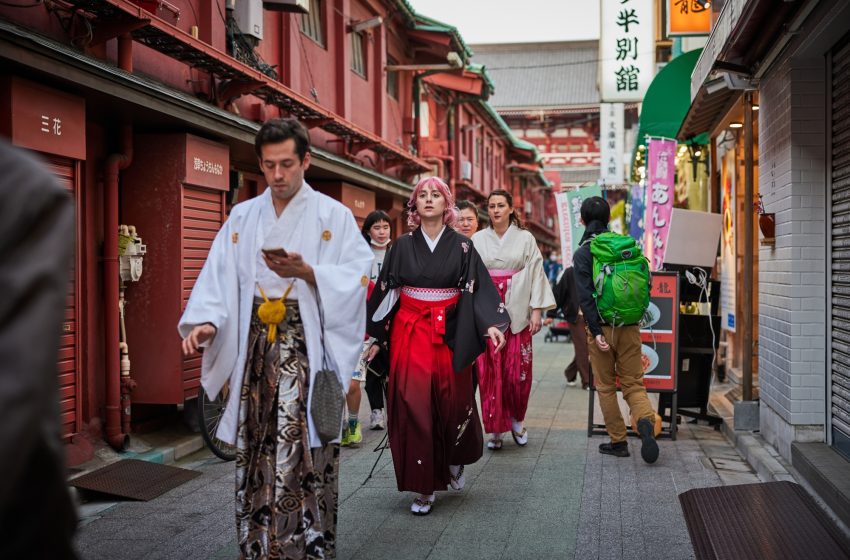A record number of visitors flocked to Japan in 2024, owing to increased post-pandemic worldwide tourism movement and a weakening yen.
Foreign travellers increased by 47% to a record 36.9 million last year, driven by tourists from South Korea, Taiwan, and China, according to data issued by the Japan National Tourism Organization (JNTO) on Wednesday. The previous high was 31.9 million tourists in 2019, just before Covid-19 halted foreign travel.
According to the most recent data, the country is well on track to surpass 60 million foreign tourists by 2030. This is owing, in part, to Japan’s reputation as a far more cheap tourism destination, while being one of the world’s most developed economies. As the yen fell to a 37-year low last year, incoming visitors found it much more cheap to dine, travel, and spend at luxury stores.
The number of international visitors visiting Japan also set a new record for a single month in December, thanks in part to increasing regional connections connecting South Korea, China, Taiwan, and Hong Kong, according to the JNTO. The weak yen has also hampered outbound travel, with the number of Japanese travelling overseas remaining at 13 million in 2024, 35% lower than in 2019. (Source: First Post)






